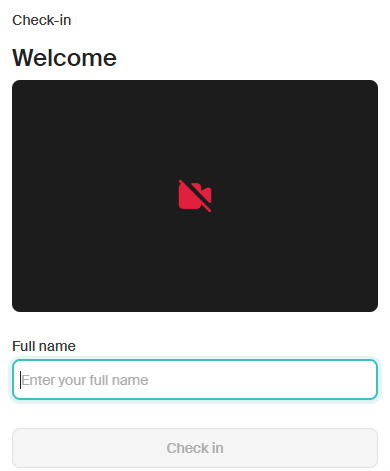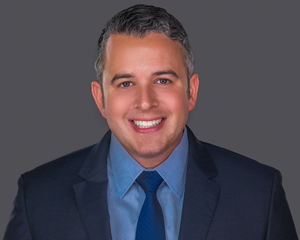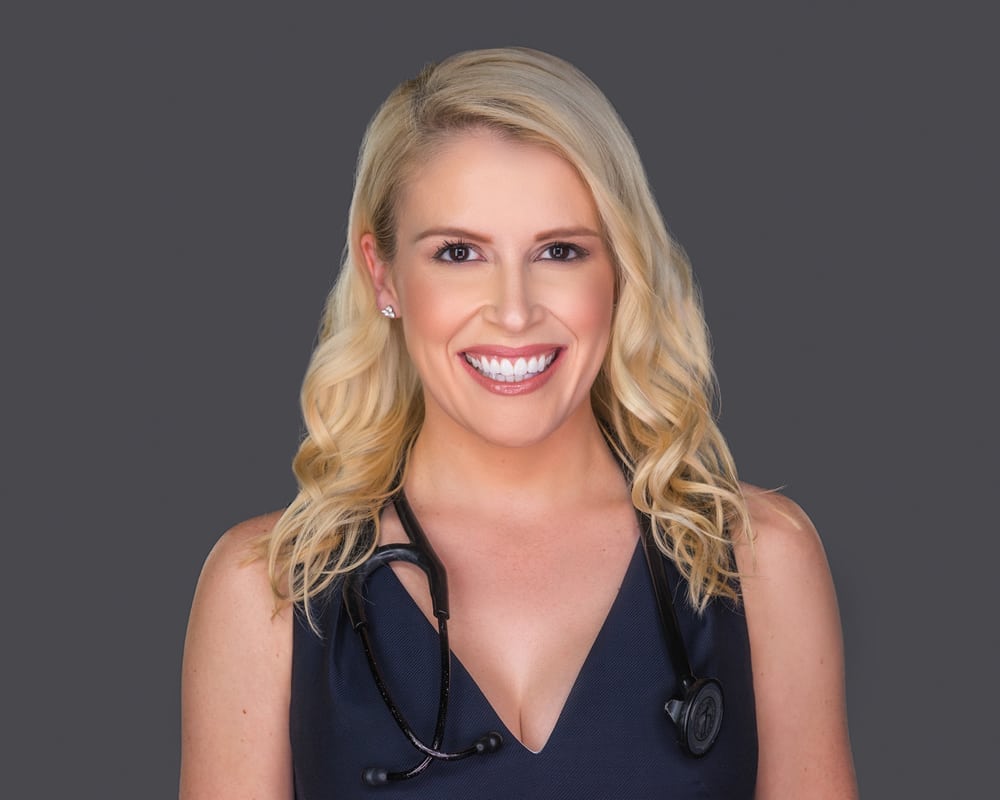Telehealth and virtual medicine are transforming how patients receive care, but they also come with a complex set of compliance challenges. Healthcare providers offering telemedicine services must adhere to both federal and Florida-specific regulations, including CMS billing rules, state licensure requirements, HIPAA privacy protections, and prescribing standards. Failure to follow these laws can result in repayment demands, audits, license discipline, civil fines, or even criminal liability.
At Di Pietro Partners, our healthcare attorneys represent physicians, group practices, clinics, and medical businesses across Florida in telehealth compliance and defense. We handle audits, overpayment disputes, investigations, and enforcement actions while also advising clients on proactive compliance strategies to reduce risk.

Common Telehealth Compliance Issues We Handle
Our healthcare defense team has experience guiding providers through issues such as:
- Licensure & Cross-State Practice: Ensuring providers meet Florida licensing standards and avoid practicing across state lines without proper authorization.
- HIPAA & Privacy: Mitigating risks related to telehealth platforms, patient data security, and remote communications.
- CMS & DOH Audits: Representation during post-payment audits, overpayment disputes, and Florida Department of Health compliance reviews.
- Fraud & Abuse Allegations: Defense against claims of telehealth fraud, kickbacks, or Stark Law violations.
- Telehealth Billing & Coding: Addressing Medicare, Medicaid, and private insurer disputes related to telehealth billing errors or alleged upcoding.
- Prescribing Rules: Defending physicians accused of violating restrictions on prescribing controlled substances via telehealth.
Why Telehealth Investigations Are Increasing
Federal and state regulators are increasingly scrutinizing telemedicine practices, especially following rapid expansion during the COVID-19 public health emergency. The Centers for Medicare & Medicaid Services (CMS), the Office of Inspector General (OIG), and the Florida Department of Health (DOH) have all increased oversight of telehealth providers.
Recent enforcement trends include:
- Heightened review of billing patterns that suggest overutilization.
- Focus on prescribing controlled substances without in-person visits.
- Increased HIPAA enforcement related to telehealth platforms.
- Cross-jurisdictional investigations into out-of-state telehealth practices.
Providers who fail to comply may face repayment demands, disciplinary actions, or potential fraud charges.
How Di Pietro Partners Can Help
Our attorneys combine legal expertise with medical insight to guide Florida healthcare providers through telehealth investigations and compliance matters. We:
- Represent clients during CMS, DOH, and private insurer audits.
- Develop compliance strategies tailored to telehealth practices.
- Defend against fraud and abuse allegations.
- Advise on proactive risk management to prevent future issues.
- Protect physician licenses, reputations, and practice stability.
Whether you are facing a regulatory audit, need guidance on billing and coding, or want to establish a compliant telemedicine program, our team provides the representation and counsel you need.
Common Telemedicine Platforms
Several telemedicine platforms and services provide virtual healthcare across the U.S. Some of the most well-known include:
- Amwell – Provides virtual urgent care, therapy, psychiatry, and primary care services.
- BetterHelp – A leading platform for virtual therapy and counseling.
- Cerebral – Specializes in online mental health and medication management.
- Doctor on Demand – Features on-demand video visits with doctors, therapists, and psychiatrists.
- Hims & Hers – Provides telehealth services for skincare, hair loss, mental health, and sexual health.
- MDLIVE – Specializes in primary care, dermatology, and behavioral health consultations.
- PlushCare – Focuses on virtual primary care and mental health services, including same-day appointments.
- Sesame – A direct-pay telehealth platform that offers affordable virtual consultations without insurance.
- Teladoc Health – Offers general medical, mental health, dermatology, and chronic care management.
Frequently Asked Questions
Q. What is telehealth?
Telehealth refers to the use of digital communication technologies-such as video calls, phone consultations, and online platforms-to provide healthcare services remotely. It allows patients to consult with medical professionals without visiting a physical healthcare facility, improving access to care for those in rural areas, with mobility issues, or seeking convenience in healthcare delivery.
Q. What is telemedicine?
Telemedicine refers specifically to the use of technology to deliver clinical healthcare services remotely. This includes virtual doctor visits, online diagnoses, prescription management, and remote monitoring of chronic conditions. Unlike telehealth, which includes administrative and educational services, telemedicine focuses on direct patient treatment and medical decision-making through digital platforms.
Q. What’s the difference between telehealth and telemedicine?
Telehealth is the broader term that includes all types of remote healthcare services, both clinical and non-clinical. Telemedicine is a subset of telehealth and refers strictly to remote clinical care, such as diagnosing, treating, and prescribing through digital communication tools. In short, all telemedicine is telehealth, but not all telehealth is telemedicine.
Q. Can Florida physicians provide telehealth services to patients in other states?
Generally, no. Unless the physician is licensed in the state where the patient is physically located during the consultation. Some states participate in the Interstate Medical Licensure Compact, but Florida has its own requirements. Practicing across state lines without proper licensure can trigger disciplinary action.
Q. Can controlled substances be prescribed via telemedicine?
Yes, but there are strict rules. Federal law (Ryan Haight Act) requires an in-person evaluation before prescribing most controlled substances, with limited exceptions. Florida also has additional restrictions. Violations can result in DEA investigations and license penalties.
Q. How does HIPAA apply to telehealth platforms?
HIPAA requires that any telehealth platform protect patient data through encryption and secure access. Using non-compliant platforms or failing to maintain a Business Associate Agreement (BAA) with the vendor could expose providers to audits, fines, and liability in the event of a data breach.
Contact Us
If your medical practice or healthcare business is facing telehealth compliance issues or is under investigation, contact Di Pietro Partners today. Our healthcare attorneys serve providers throughout Florida, with deep experience in regulatory defense and healthcare law.
Call us or reach out through our Contact Page to schedule a confidential consultation.


